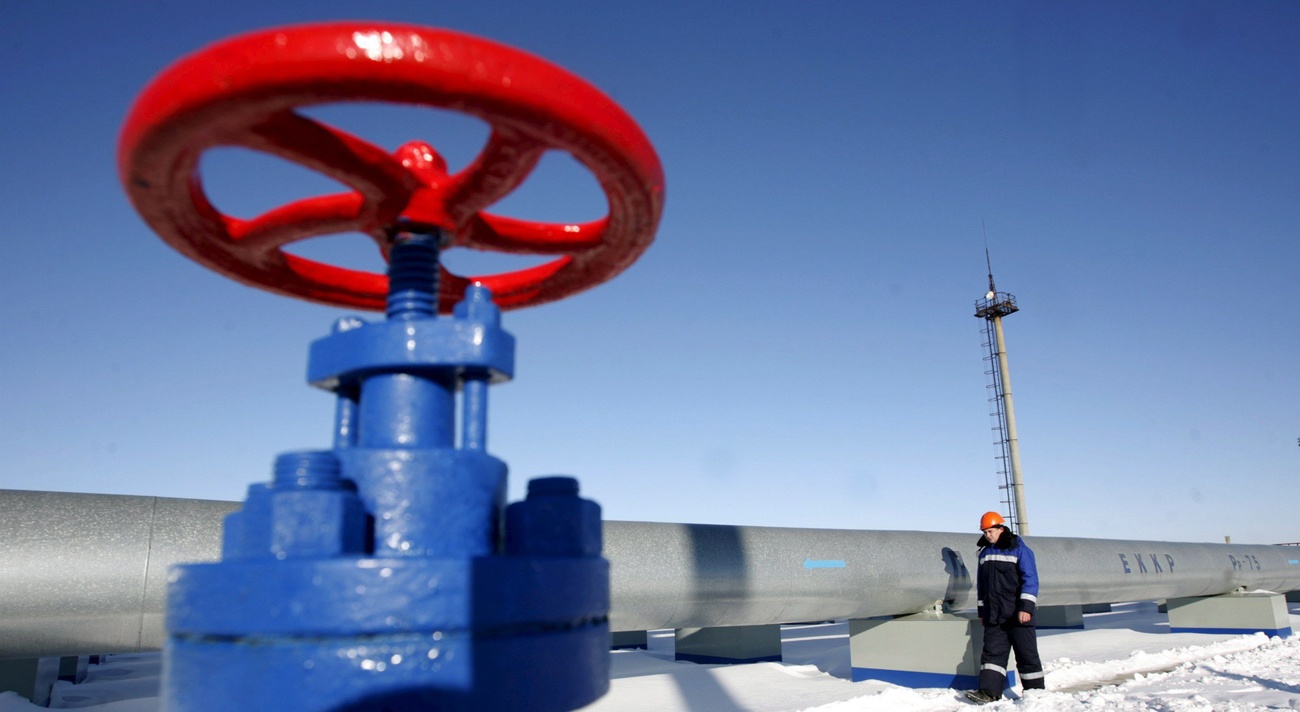
Swiss government presents plans to boost gas reserves

The Swiss government has outlined its plans to boost gas storage capacity in neighbouring countries to secure supplies ahead of winter.
Gas makes up roughly 15% of Switzerland’s final energy consumption and is mostly used for heating and cooking. Around half of this comes from Russia. Following the outbreak of the war in Ukraine, Switzerland has been stepping up efforts to procure gas from other sources, and to secure additional storage capacity as well as imports of liquefied natural gas.
On Wednesday, the government presentedExternal link details of its plans to set up a winter gas reserve via storage mainly in neighbouring countries. The aim is to minimise the impact should Russian gas supplies be disrupted.
“This physical reserve is intended to cover 15% (around 6 terrawatt hours TWh) of Switzerland’s annual gas consumption (around 35 TWh). Around half of this physical reserve is already booked by the regional companies Gaznat and GVM in France,” the government said.
In addition to regular procurements, 6 TWh are to be purchased via options for non-Russian gas in France, Germany, Italy and the Netherlands, which can be accessed at short notice for a fixed fee, it said.
This corresponds to around 20% of Swiss winter consumption, and also diversifies delivery routes.
An energy task force is due to report by mid-June on how to manage the gas reserve.
The invasion of Ukraine by Russia, Europe’s top gas supplier, has prompted the European Union and non-EU member states like Switzerland to rethink their energy policies amid heightened concerns of supply shocks. Russia supplies 40% of the EU’s gas and 27% of its imported oil, and EU countries are struggling to agree sanctions on the latter.

More
What the Ukraine war means for Switzerland’s energy policy

In compliance with the JTI standards
More: SWI swissinfo.ch certified by the Journalism Trust Initiative




























You can find an overview of ongoing debates with our journalists here . Please join us!
If you want to start a conversation about a topic raised in this article or want to report factual errors, email us at english@swissinfo.ch.